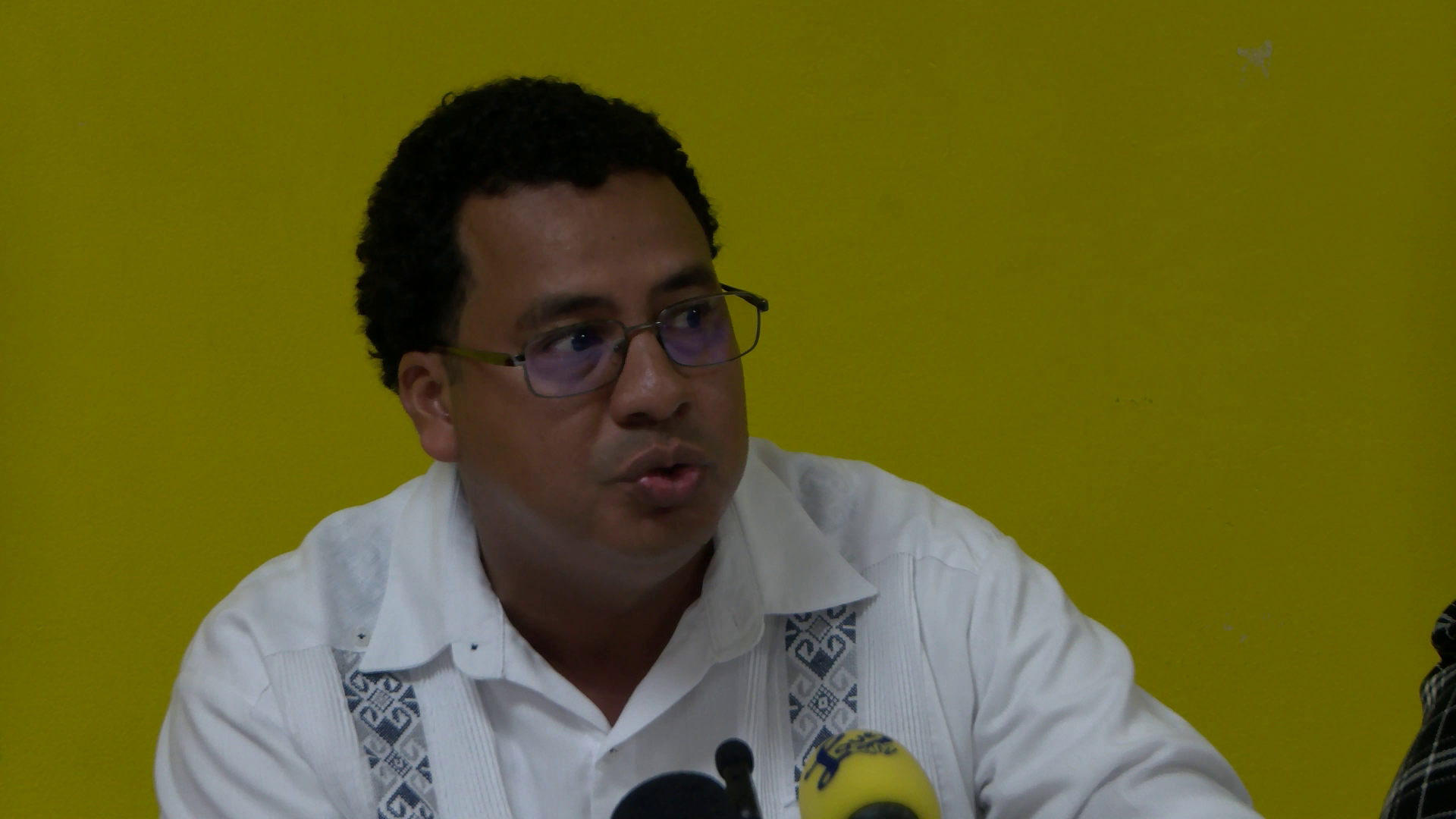Just three weeks ago, Prime Minister John Briceño quietly introduced what could become one of the most controversial pieces of legislation in recent memory, the Thirteenth Amendment Bill. On the surface, it’s about tightening the rules around declaring a state of emergency to tackle crime. But beneath that calm explanation, a storm is brewing. Union leaders are sounding the alarm, and the opposition is calling it downright sinister. Why now? Well, the timing is raising eyebrows, the bill comes hot on the heels of a High Court ruling that slammed a 2020 state of emergency as unlawful. And now, NTUCB Senator Glenfield Dennison is weighing in.
Glenfield Dennison, NTUCB Senator
”One teacher teach me in a primary school that when you lose the High Court, you go to a Court of Appeal and then after Court of Appeal you got a CCJ. They never teach me that when you lose the High Court you’re going to change the constitution to make it suit you. So that’s where we are with the 13th Amendment. The 13th Amendment is saying we recognize that we failed. We recognize that legal recourse, by virtue of appeal, will not likely be successful because there’s no evidence that you could take to the court of appeal that would convince those people that the SOE was properly in area. And if you do convince them, the law in the Caribbean is very clear about when you trigger SOE and the criteria. So when you go to the CCJ without any evidence, because you can’t add new evidence. No, you can’t change the game. You can’t say, oh, sorry, we need to give you the insight we never gave you at the High Court. So when they would’ve gone to the CCJ, the CCJ would’ve ruled it how they saw it, but I think they don’t see that game. You don’t need law, degree to realize what would have happened there. So they say, we have super majority, let’s change the law. And let’s, and this is, this is what frightens me. This is why I started with that little prose. Because today the proposal is to change the law to ratify the SOE action. But that can be a slippery slope.”
